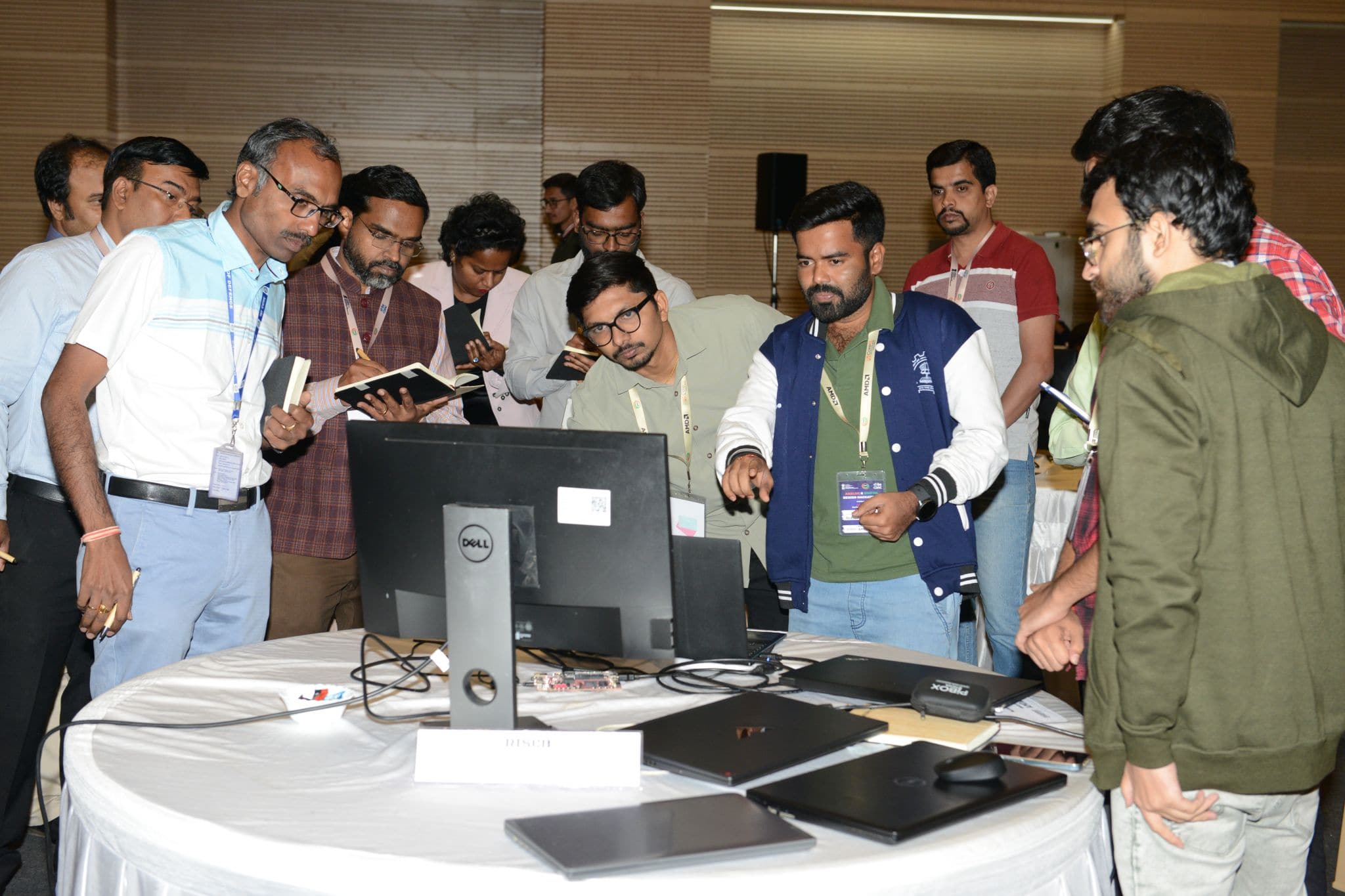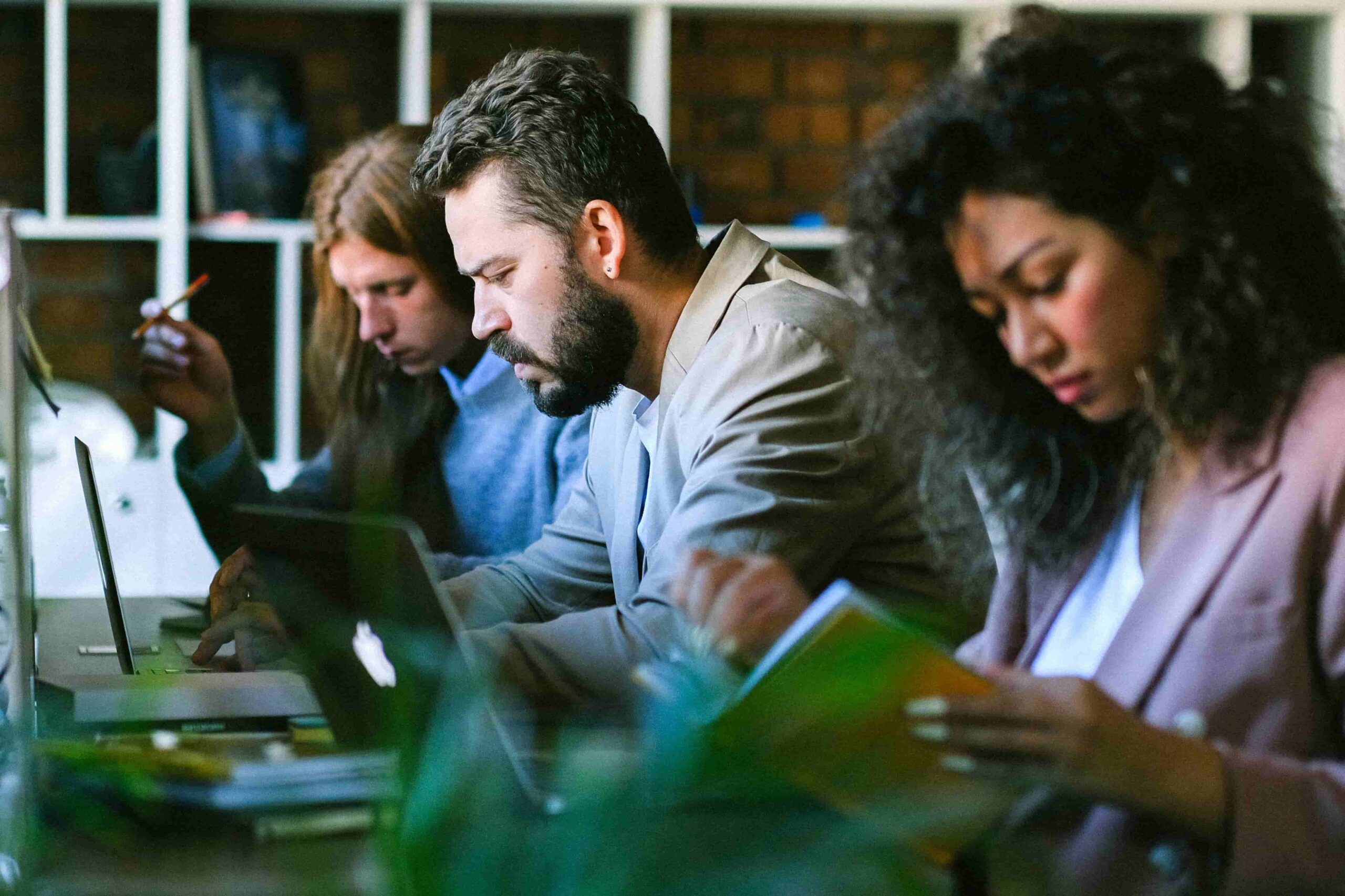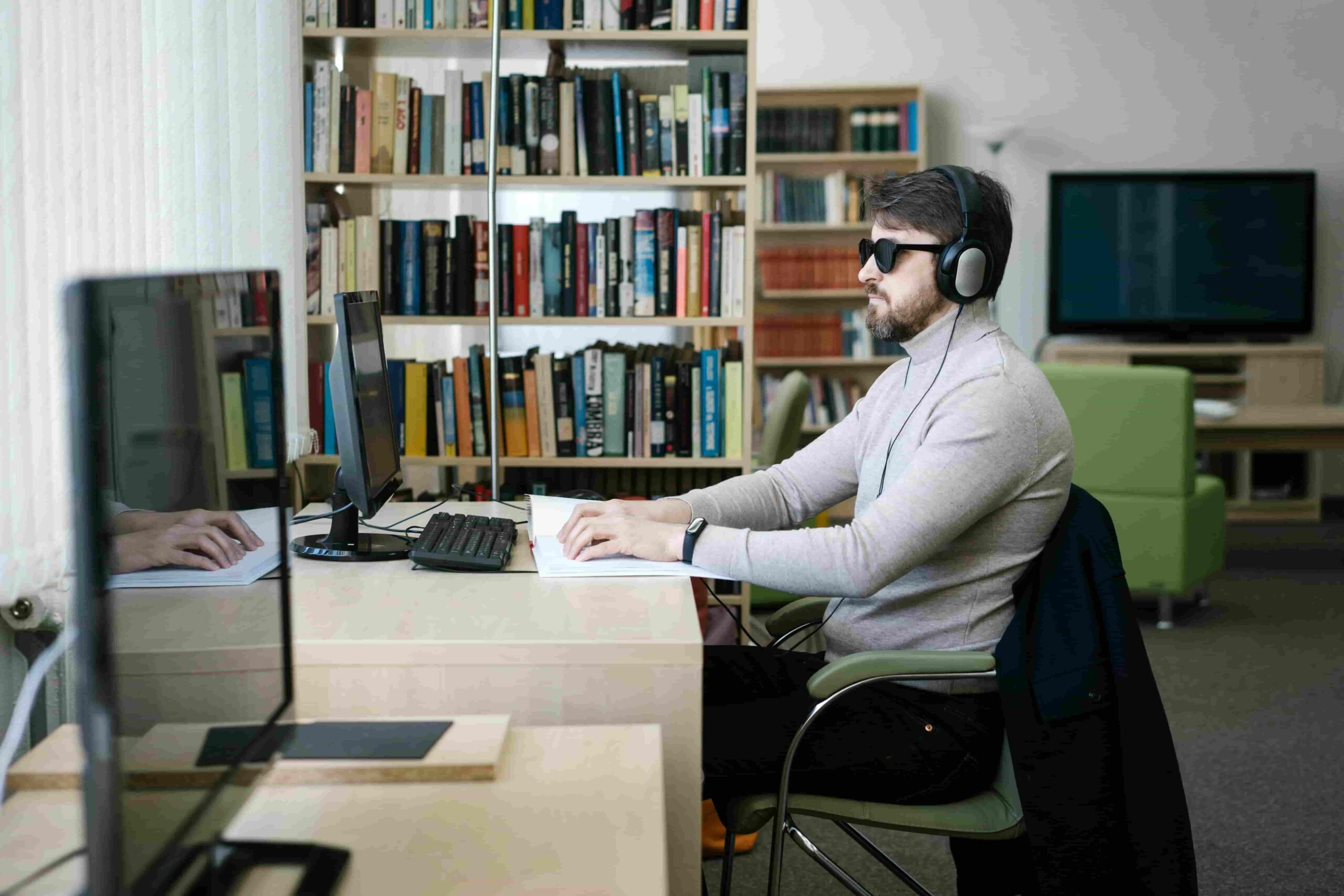The future doesn’t just belong to those with skills. It belongs to those who think ahead and act with purpose. Building a future-ready workforce means making innovation part of daily work, not just formal training. That responsibility is shared across roles.
As Dr. Ajay Kela, President and CEO of Wadhwani Foundation, highlighted in an article published in Hindustan Times, preparing the youth for the future requires collective effort, inclusive skilling, and open access to opportunity — not just through platforms, but through a shift in how we think about workforce readiness.
Why Innovation Matters to Every Employee
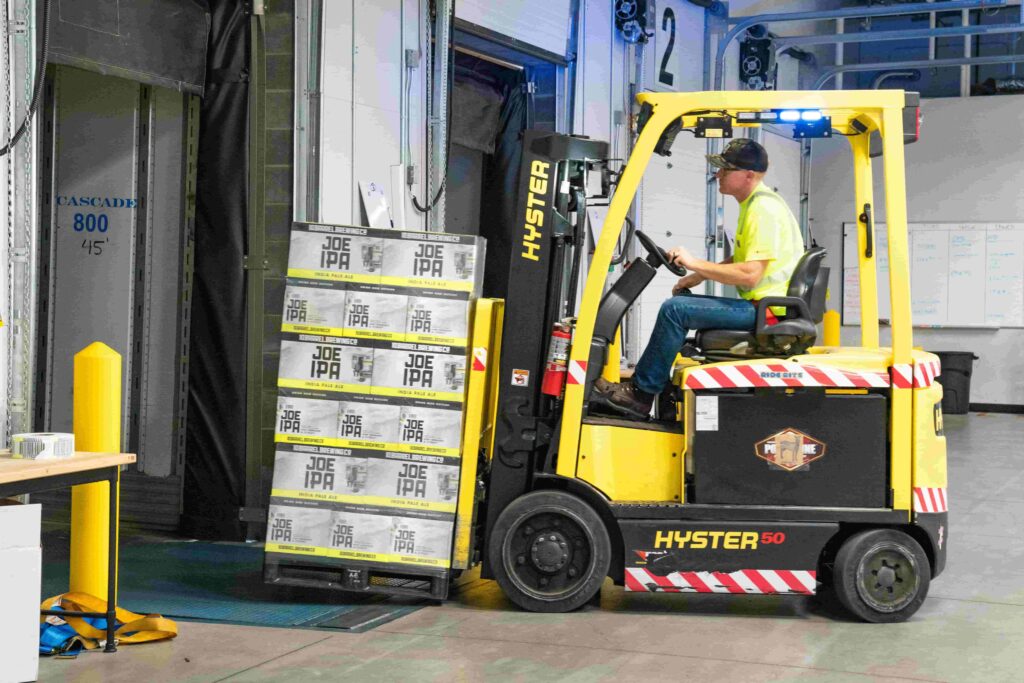
Think about a warehouse worker who spots a faster way to sort packages. Or a nurse who tweaks the patient routine to save time. These aren’t grand inventions. But they are innovative actions — practical, valuable, and repeatable. They save time. They reduce cost. Most of all, they show ownership.
Innovation isn’t a giant leap. It’s small steps made by people who care about doing better. And that’s what the future workforce needs more than anything: people who bring ideas, not just effort.
Yet, for years, innovation was boxed into R&D teams or leadership vision decks. That thinking has aged. Companies that thrive now are the ones that encourage ideas from the ground up. Everyone has a role — whether they code, sell, teach, or repair.
It starts with people who are close to the work. That’s where patterns are spotted. That’s where friction is first felt. And that’s where change begins.
Innovation Mindset: More Than a Buzzword

To empower the future workforce, we need to look beyond training modules. The real shift is in mindset. That means:
- Asking “why” more often
- Looking for small ways to improve a process
- Sharing failures without fear
- Valuing curiosity as much as efficiency
Wadhwani Foundation’s skilling initiatives are built on this belief. It’s not about training to tick a box. It’s about helping people think for themselves — and think forward. Whether it’s a student building their first business idea or an employee rethinking how they onboard clients, an innovation mindset is key.
Programs that combine skilling with real-world application help build confident, future-ready employees — as seen in our ongoing focus on embracing future job readiness. That’s where change begins — not after five years of experience, but from day one.
Building a Culture Where Innovation Thrives

Organizations can’t just talk about innovation. They need to build systems that allow it to thrive. That starts with asking for feedback — regularly. Employees closest to the problem often have the clearest view. Giving them space to experiment, try, and even fail safely is essential.
It also means celebrating effort, not just outcomes. When people are recognized for trying something new — even if it doesn’t work — they’re more likely to try again. That’s how cultures shift. Add regular skilling support and mentorship to the equation, and you create teams who feel safe to think, speak, and act.
It’s a Shared Job
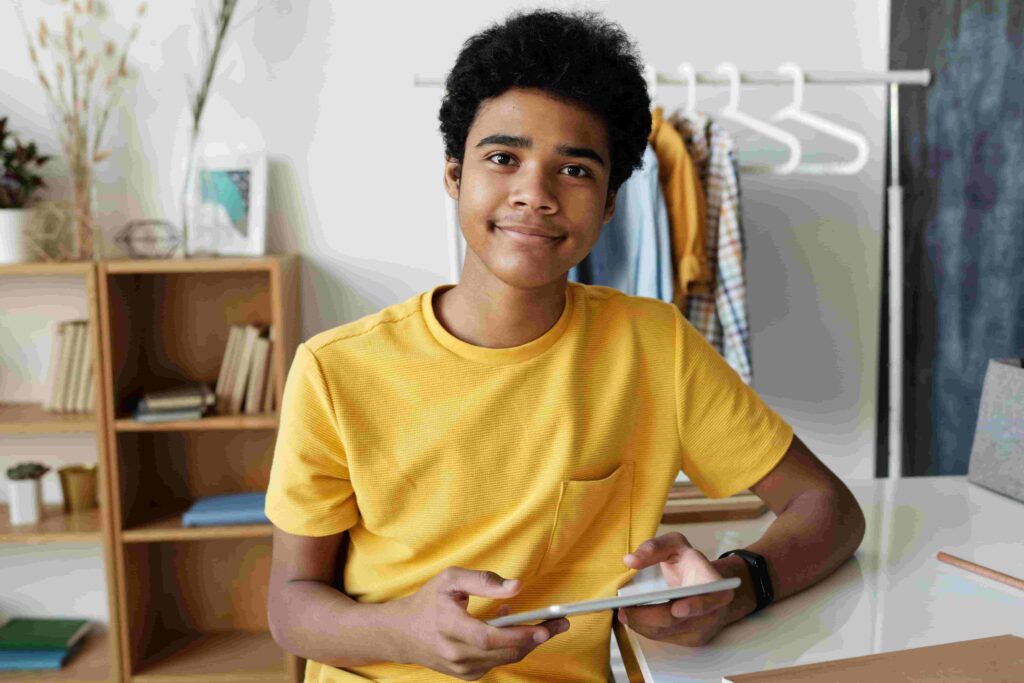
Innovation doesn’t start with a job title. It begins with how people think about their work. From frontline workers to middle managers, everyone has a view worth hearing. And when companies listen, they grow.
The future of work will not be built in labs or boardrooms alone. It will be shaped by the people who speak up, act fast, and stay curious — every day.
Let’s Start Today
A future-ready workforce is made one idea at a time. Let’s support those ideas — with skills, with mindset shifts, and with trust.
Learn more about how our Skilling initiative is enabling innovation across careers.

